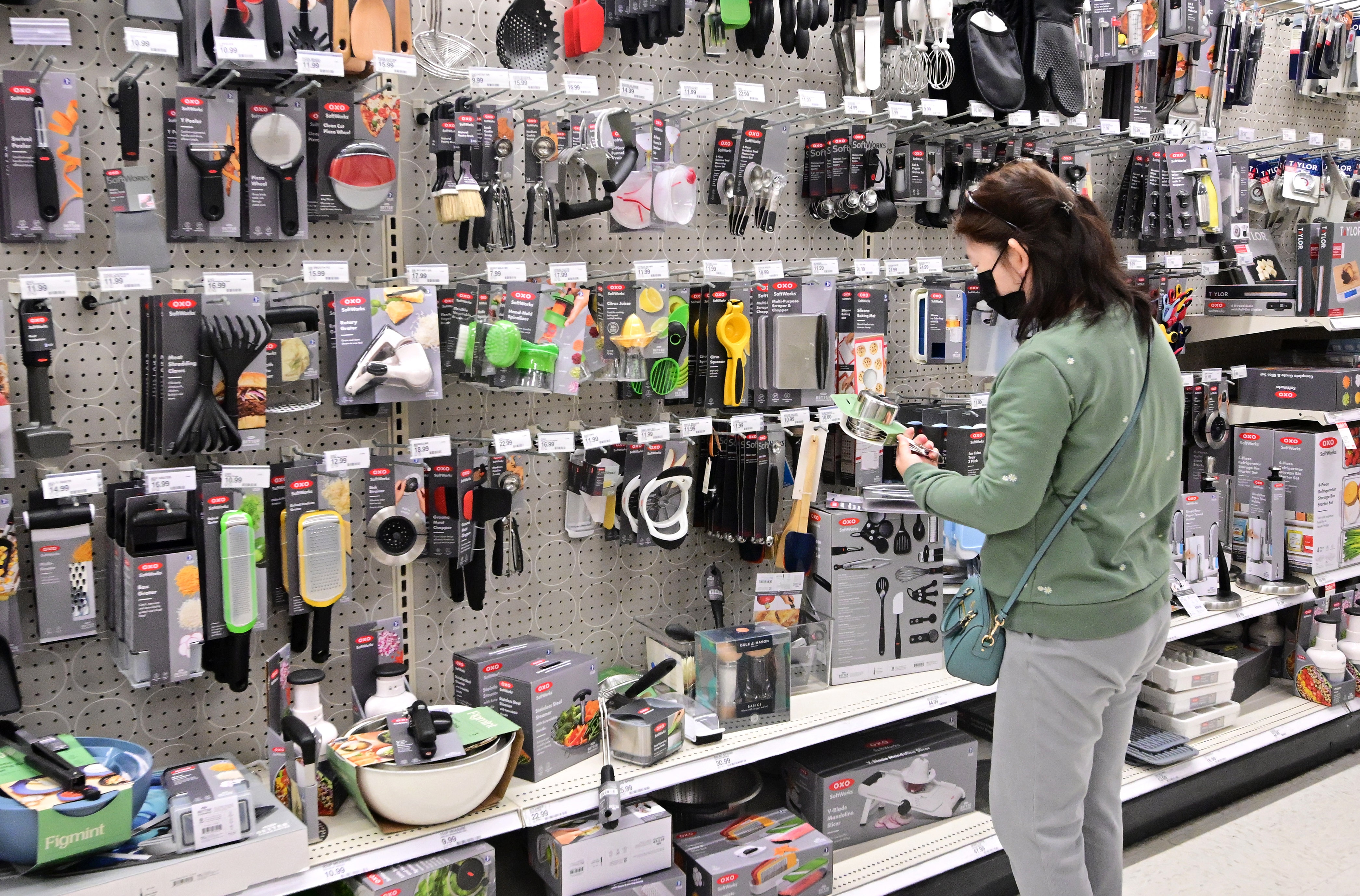


The US economy is facing concerns of a credit bubble as households continue to accumulate debt and consumer spending remains high. According to economist David Rosenberg, US households have a savings rate of just 3.7%, significantly below historical levels of 9%. In the fourth quarter of 2023, consumer spending in the US increased by $208 billion, with over 100% of that increase financed with debt. This trend has led to rising credit card delinquency rates, with 30-day default rates at 8.5%, compared to 5.9% a year ago. Rosenberg refers to these individuals as 'YOLO spenders,' who are taking on massive debt and contributing to a credit bubble in the US economy [5c71fce4].
The high level of consumer debt and the reliance on debt-financed spending have raised concerns about the stability of the US economy. Consumer spending accounts for a dominant 70% share of the economy, and if consumers struggle to repay their debt, it could have significant consequences. The default cycle in consumer credit has already begun, with one in every twelve credit card holders missing their payments. This level of delinquency has not been seen since 2011 when US unemployment was at 9% [5c71fce4].
These concerns about rising debt and a potential credit bubble align with the previous report from Wells Fargo, which highlighted the record-high household debt and the decline in personal savings. The burden of high inflation and the disproportionate impact on low-income Americans further contribute to the expectation of a significant slowdown in the US economy [e208484d].
However, the latest data from Bank of America (BofA) challenges the notion that consumer spending would slow down. BofA's data shows that total credit card and debit card spending per household increased by 0.7% year-over-year in September. Additionally, total discretionary spending as a percentage of income remained resilient, with individuals earning between $50,000 and $125,000 spending over 70% of their income on discretionary purchases during the same period [7d4aed15].
Despite the concerns about rising consumer debt and a potential credit bubble, Meredith Whitney, known as the 'Oracle of Wall Street,' believes that another financial crisis is unlikely for three reasons. First, lower-income consumers are spending almost all of their after-tax income, while higher-income households have more savings. Second, although credit card debt is at a record high, it is misleading when compared to overall consumption growth. Finally, consumers are not tapping into home equity, indicating they are not feeling financially desperate. Whitney believes that consumer spending will remain strong, even if primarily driven by wealthier households [b512d00d].
The resilience of American consumer spending, as indicated by BofA's data and Whitney's analysis, suggests that consumer spending could help mitigate the risks associated with a potential economic slowdown or recession. Strong consumer spending provides a boost to various sectors, such as retail, leisure, and travel, which rely on discretionary purchases. It also indicates that individuals have confidence in the economy and are willing to maintain their spending habits, which can help drive economic growth [7d4aed15].
However, concerns persist for lower-income consumers who may not find relief from rate cuts. The Federal Reserve plans to keep interest rates steady, but this may not provide relief for lower-income consumers. Low-income consumers are finding it harder to become homeowners, and the cost of essentials continues to impact their paychecks and savings. Delinquency rates on debt carried by lower-earning households are rising faster than higher-earning counterparts. PYMNTS Intelligence found that unexpected expenses have been hampering financial progress, particularly for credit-marginalized consumers who have limited access to traditional credit products. Nearly a third of consumers have faced credit insecurity in the past year, and 46% of credit insecure consumers could not get more credit due to their credit scores. An estimated 63.5 million consumers are credit marginalized, and nearly 17 million have given up on credit entirely. These consumers are more likely to resort to high-interest loans and face difficulty qualifying for new credit products. The rate cuts will not make the debt that is already not being paid in a timely manner suddenly affordable. Lower-income paycheck-to-paycheck consumers may not find relief from rate cuts [0b7c7f80].
The impact of global debt on consumer spending and the economy is not limited to the US. A recent article in the Daily Times highlights the growing concern over global debt and its impact on individuals, governments, and the overall standard of living. The article states that global debt reached 313 trillion dollars in 2023, affecting economies worldwide. It emphasizes the need for sustainable consumerism and accountability in the banking sector to avoid excessive debt. The article suggests that businesses collaborate with governments to set limits on consumption and incentivize financial institutions to promote responsible lending practices. By promoting sustainable consumption, societies can work towards achieving long-term goals and ensuring the well-being of future generations [5faafd90].
In conclusion, the US economy is facing concerns of a credit bubble due to rising consumer debt and reliance on debt-financed spending. While there are contrasting views on the potential impact of this debt on consumer spending, the resilience of American consumer spending and the need for sustainable consumerism are important factors to consider. Additionally, the impact of global debt on consumer spending and the overall standard of living is a global concern that requires collaboration between businesses, governments, and financial institutions to promote responsible lending practices and sustainable consumption.